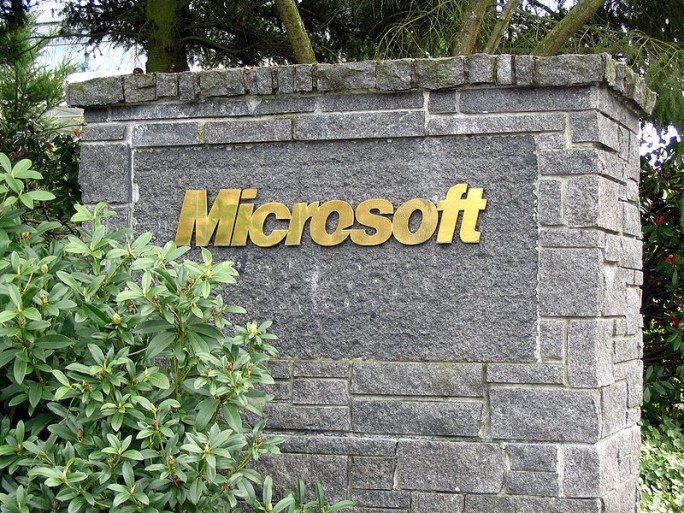Microsoft inflexibility means reseller ideas wasted.

The reseller community has a conundrum
Microsoft has won a significant case against a reseller in Australia where it should have been listening rather than prosecuting.
Microsoft filed a court case against Australian reseller which sold computers loaded with unauthorised “trial” versions of Windows 7. iiBuy had to pay Microsoft $116,000 in damages.
iiBuy offered computer systems for sale from their retail outlet, on their website and on eBay that came pre-installed with unauthorised copies of Windows 7.
But the reseller claimed that it was hawking Windows 7 as a “trial version” and buyers would have to buy a full copy later. It could shift more boxes if it did not ask users for a full Windows Tax.
Redmond told the court that it did not offer such a Windows licence programme. It felt that this was just a case of piracy and the company took action to deal with the alleged copyright infringement.
The scheme came to light when it was reported to Microsoft by a competing reseller who felt he was being undercut.
Australia attorney, Clayton Noble, told Arnnet http://www.arnnet.com.au/article/423098/iibuy_case_warning_resellers_dealing_pirated_software_microsoft/ iiBuy, came back to discuss the situation and settled the case before it went to hearing.
iiBuy’s illegal selling of computer systems loaded with unauthorised copies of Windows 7. It came to light when it was reported to the Microsoft by a competing reseller who was miffed that he was being undercut.
But the case has highlighted the problems that Microsoft has in dealing with retailers who are finding that the market is getting increasingly desperate.
When it opened discussions with iiBuy Microsoft was told that the market was being gutted by resellers competing with them on eBay and in bricks-and-mortar in the sale of PCs, and businesses using similar behaviour.
Microsoft thinks that the way to tackle the problem is sue everyone and encourage resellers to grass up the opposition who use such tactics.
Its logic is that for customers to get an unactivated and unlicensed copy of Windows without a key is a bad consumer experience, and that is why it doesn’t sell Windows that way.
Strangely, though, iiBuy’s approach was fairly innovative both for the reseller and Microsoft.
If Microsoft did offer a three month trial Windows 7 package, then it is fairly likely that a customer would upgrade. The reseller could offer the computer at a much lower price and make PCs much easier to sell. Microsoft would collect its cash eventually and would benefit from the fact that a Windows machine would have sold.
An obsession with traditional licensing then is bad for both Microsoft and resellers. Rather than hitting them with fines, Microsoft should be thanking them for coming up with a good idea.
A pre-installed trial operating system clearly had a lot of takers.